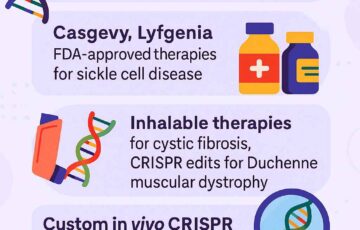Karnataka HC Enables Transgender Identity Document Updates
Why in the news?
The Karnataka High Court upheld trans persons’ rights under the 2019 Act, allowing changes in name and gender on birth certificates. It emphasized the precedence of specific laws over general ones and outlined the streamlined application process for identity updates.
Karnataka HC Allows Name, Gender Change on Birth Certificates:
- Landmark Judgment
- The Karnataka High Court ruled in favor of a transwoman seeking to change her name and gender on her birth certificate, marking a significant application of the Transgender Persons (Protection of Rights) Act, 2019.
- Authorities previously denied the request, citing Section 15 of the Registration of Births and Deaths Act, 1969, which permits changes only for erroneous or fraudulent entries.
- Petitioner’s Case
- The petitioner, diagnosed with gender dysphoria, underwent sex reassignment surgery and updated her name and gender on various documents, including Aadhaar and passport.
- She argued that the 1969 Act’s restrictive provisions violated her constitutional right to live with dignity under Article 21.
Legal Framework
- Special vs. General Laws
- The 2019 Act explicitly allows trans persons to change their gender and name on official documents based on a certificate of identity issued under the Act.
- The Karnataka HC emphasized that the 1969 Act, a general law, must comply with the specific provisions of the 2019 Act.
- Court’s Directive
- The court mandated the Registrar of Births and Deaths to amend birth certificates based on identity certificates, overriding general provisions until the 1969 Act is updated.
Application Process for Identity Change
- Steps for Certification
- Applicants must submit an affidavit declaring their gender identity to the District Magistrate, who processes and issues the certificate within 30 days.
- Post-surgery, a medical certificate from a recognized authority is required for revising identity details.
- Official Documentation
- Authorities are mandated to update records, including Aadhaar and birth certificates, within 15 days of receiving valid identity certificates.
Who is a Transgender?
- A transgender person’s gender does not match the one assigned at birth.
- Includes individuals with intersex variations, gender-queer identities, and socio-cultural identities like kinnar, hijra, aravani, and jogta.
- India’s 2011 Census recorded 4.8 million people identifying as transgender, marking the first inclusion of this population in its history.
Government Initiatives for Transgender Persons:
- Transgender Persons (Protection of Rights) Rules, 2020: Recognizes transgender identity and prohibits discrimination in education, employment, healthcare, property, public services, etc.
- National Portal for Transgender Persons: Enables digital application for identity certificates/cards, ensures transparency, and prevents physical interaction with officials.
- Garima Greh: Shelter homes providing food, skill development, legal support, and rehabilitation for transgender persons.
- Recognition in Prisons: Advisory issued for privacy and dignity of transgender inmates; Prisons Act 1894 lacks SOGI-based recognition.
Sources Referred:
PIB, The Hindu, Indian Express, Hindustan Times





